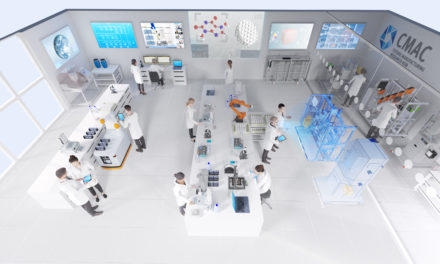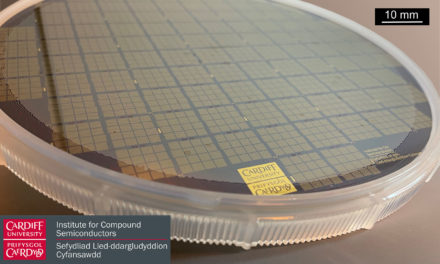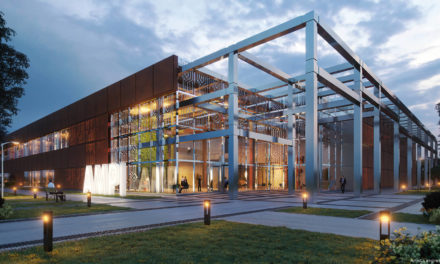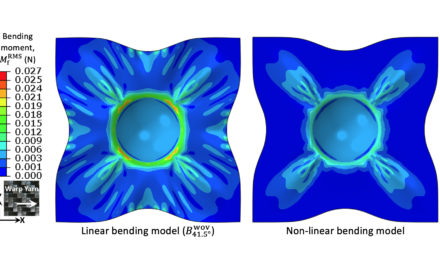Biomanufacturing – Engineering biology to deliver a safer, cleaner future
Future Biomanufacturing Research Hub
Seizing the opportunity to transform chemicals manufacturing, reduce reliance on petrochemicals and deliver economical sustainable bio-based production processes.
Nigel Scrutton Professor of Molecular Enzymology at the University of Manchester and Future BRH Director
The current excess energy demands of manufacturing and its use of expensive and resource-intensive materials can no longer be tolerated. Impacts on climate change (carbon emissions), societal health (toxic waste streams, pollution) and the environment (depletion of precious resources, waste accumulation) are well documented and unsustainable.
We need to move away from a petrochemical-dependent economy and find alternative ways to manufacture the goods we use. By harnessing the power of biology using innovative biotechnology, we aim to develop safer, cleaner and greener manufacturing supply chains. This is at the core of the UK’s Clean Growth Strategy.
The Future Biomanufacturing Research Hub (Future BRH) is engineering biology to accelerate the delivery of economically attractive, robust and scalable biomanufacturing processes to meet societal and commercial demand in key manufacturing sectors: pharmaceuticals, value-added chemicals, engineering materials and advanced synthetic fuels.
While biotechnology is already central to high-value, low-volume pharmaceuticals manufacture, to offer viable alternatives to petrochemical-based manufacturing routes used in the lower value, higher volume chemical sectors, different technical and economic challenges need to be overcome.
At the Future BRH, we are using synthetic biology and biotechnology to exploit
nature’s toolkit and engineer microbes (bacteria and yeasts) to produce the chemicals and materials we require. By feeding these microbes on renewable feedstocks or waste products (and even CO2), we aim to create environmentally sustainable chemical production processes.
Learn more at www.futurebrh.com






